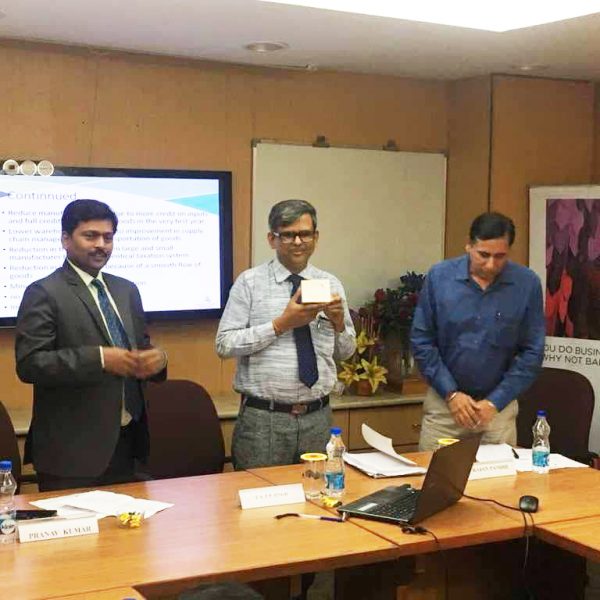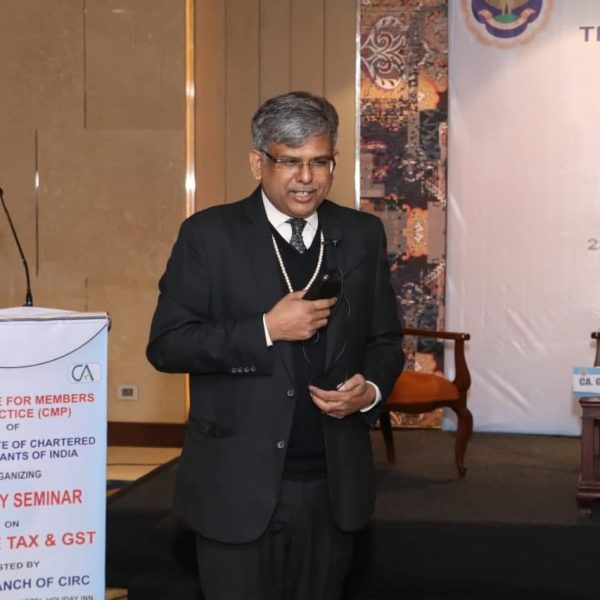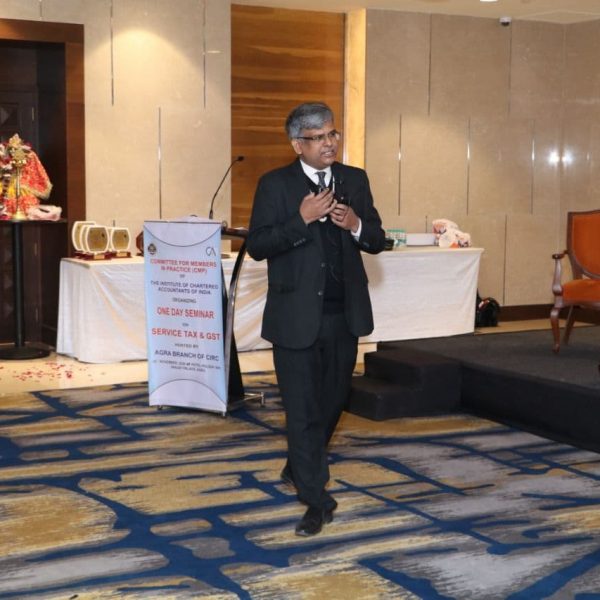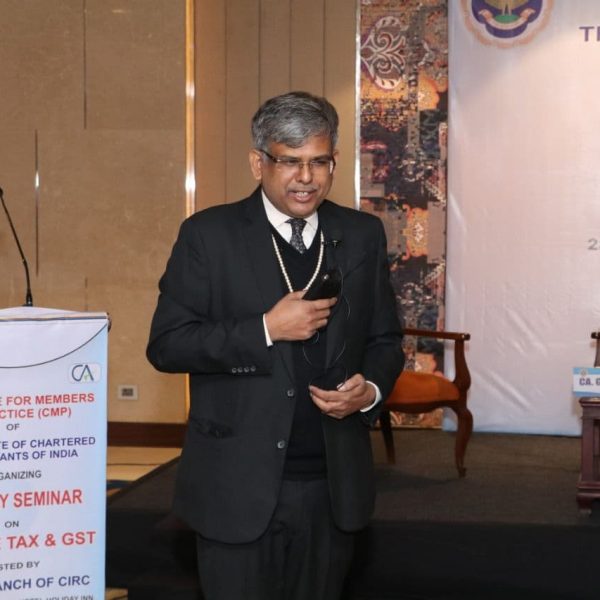ALL ABOUT DPT-3 FORM
BY CS ( DR) ASHUTOSH MISHRA
(Practicing Company Secretary)
INTRODUCTION
Pursuant to Rule 16 of the Companies (Acceptance of Deposits) Rules, 2014. every Company to which these rules apply shall on or before the 30th June of every year i.e. within 90 days from the end of the financial year, file with the Registrar, a return of deposits or particulars of transaction not considered as deposit or both in Form DPT-3; along with such fees as applicable; and furnish the information (duly audited) as on the last day of the F.Y. i.e., 31st day of March.
Meaning of Deposit
As per Section 2(31) of the Companies Act, 2013, deposit includes any receipt of money by way of (i) Deposit or (ii) loan or (iii) in any other form by the company but does not include such categories of amount *as may be prescribed in consultation with the Reserve Bank of India.
Exemption from filing DPT-3
Following companies are exempted from filing DPT-3 form;
- Government Company
- Banking Company
- NBFC
- Housing Finance Company
- Company which has NIL outstanding deposits/loans/amount not considered as deposits as on 31stMarch
Purpose of filing DPT 3 with ROC
As per Companies Act 2013, it is mandatory to file DPT 3 with the ROC by the following companies because MCA wants to know deposits/ loans/amount not considered as deposits outstanding at the end of the financial year. These are:
- Private company
- Public company
- Small company
- One Person Company etc.
A private company cannot accept deposits from anyone it can only take-
- Secured loans
- Unsecured loans
- Loan from Director Provided that the director of the company or relative of the director of the company give declaration in writing that amount is not given out of fund borrowed by him from other and company shall disclose the details of money so accepted in the Board’s report.
- Loan from other company I.e. inter corporate loans (ICD)
- Security deposits etc.
Private company need no auditors certificate for filing DPT 3 because Auditors Certificate is required only in the case when company is eligible to accept deposits,
Section 73 to 76 Read with rules made under chapter V of the company’s act 2013 regulate the invitation and acceptance of deposits, so company can accept deposits from members as well as public in accordance with the provisions of section 73 to 76 of companies act 2019
Note- if audited balance sheet is not ready as on 31st march then previous years audited balance sheet figure may be taken for the purpose of filing DPT 3
Conclusion- There are two types of return filed under DPT 3. One is Return of Deposit (if Deposit is accepted by the company) other is return for receipts of amount not considered as deposits. Auditor’s certificate is mandatory in case of return of deposits while it is not mandatory in case of return for receipts not considered as deposits.










